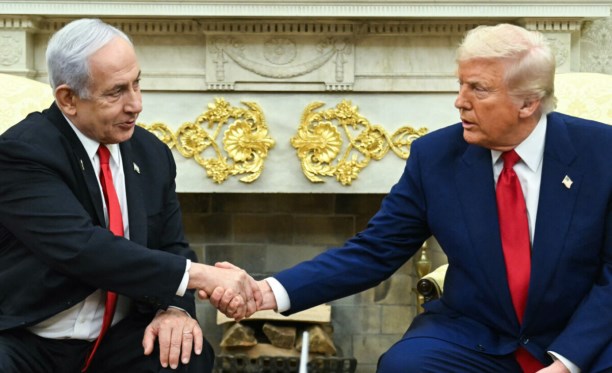This new charging document tailors the allegations to align with a recent US Supreme Court ruling regarding presidential immunity for certain in-office acts.
Despite the four criminal counts maintained against him, Trump has denied the election interference allegations. He continues to assert, without evidence, that widespread voter fraud occurred in the 2020 election.
Trump has pleaded not guilty to all charges and his personal lawyer, Todd Blanche, redirected inquiries to the Trump campaign, which has not provided a comment.
The new indictment filed by special counsel retains the key crimes Trump is accused of committing, such as conspiracy to defraud the US and obstructing official proceedings.
Implications and future proceedings
It has been streamlined from 45 to 36 pages, adjusting language and arguments to comply with the Supreme Court’s rulings on presidential immunity. The indictment portrays Trump’s actions as those of a private citizen, distinct from his role as president.
The indictment also includes allegations related to Trump’s interactions with Vice-President Mike Pence and the fake electors scheme.
Legal experts are divided on how the Supreme Court ruling may impact the case’s progress. Trump’s legal team is expected to request an extension to prepare for the trial, potentially delaying its commencement.
The outcome of this case, along with another involving classified documents, remains uncertain following recent legal challenges and the Supreme Court’s decision.
Check also;
- Donald Trump Faces New Charges In Georgia For Election Meddling
- Historic Verdict Looms: Jury Urged To Use Common Sense And Find Trump Guilty In Landmark Trial
Please use the button below to contribute to Newslex Point, Inc. using a credit card or via PayPal.

 Newslex Point News in Uganda, Uganda news
Newslex Point News in Uganda, Uganda news











